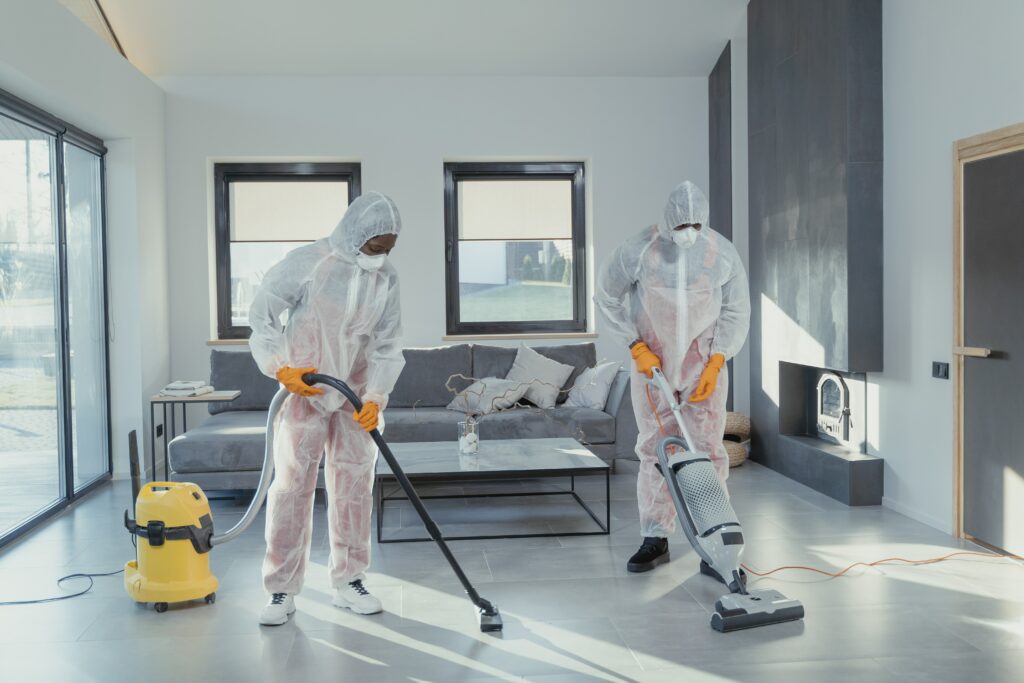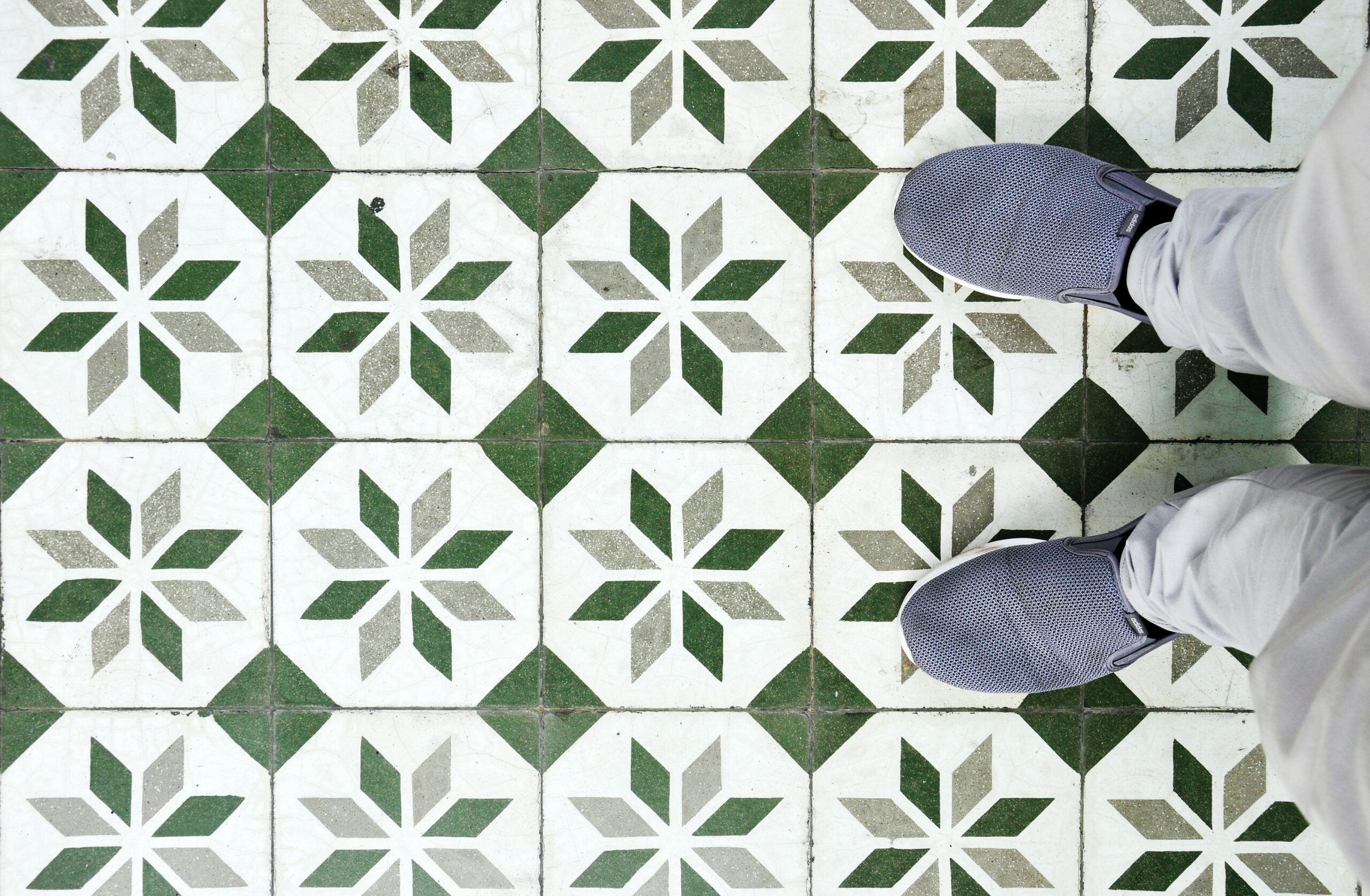One of your primary duties as a property manager is to make sure that your rental houses or commercial spaces always look their best. Tiles can be a durable and cost-effective flooring option, but they also require regular maintenance to keep them looking their best. Tile floors are a long-term investment and the maintenance is essential to keep the property looking good. A well-maintained tile floor adds value to the property, as well as enhances the aesthetics of the property. Property managers are responsible for the upkeep of the property, including the tiles. This blog will cover the different types of tiles and their maintenance needs, regular maintenance tasks, deep cleaning, repair and replacement, and final tips and recommendations.
Types of Tiles and Maintenance Needs
The upkeep requirements vary depending on the type of tile, including ceramic, porcelain, natural stone, and glass. Natural Reno stone tiles are more prone to stains and require more upkeep than ceramic and porcelain tiles, which are also more durable and easy to clean. Glass tiles are fragile and require special cleaning methods. Using the wrong cleaning methods or products can damage tiles or cause discoloration. It is important to use the correct cleaning methods and products for each type of tile to ensure longevity, especially for things like uncoupling membrane tile. Identifying the type of tile used in a property is essential for selecting the correct cleaning methods and products. This can be done by checking with the manufacturer or by contacting a professional.
Regular Maintenance Tasks
Regular maintenance is essential for keeping tiles in top condition and preventing damage, especially for something like Reno stone tiles or Reno porcelain tiles, which may chip or damage easily. Neglecting regular maintenance can lead to discoloration, cracking, or chipping. Creating a tile maintenance schedule helps ensure that regular maintenance tasks are done consistently. Depending on the traffic, the schedule may be daily, weekly, or monthly. Regular maintenance tasks include sweeping, mopping, and spot cleaning. This prevents dirt buildup and stains.
Deep Cleaning
Deep cleaning is essential for removing stubborn stains and dirt buildup that regular maintenance cannot remove. Deep cleaning also helps extend the life of the tiles. Deep cleaning is necessary when the tiles have deep stains or dirt buildup that regular cleaning cannot remove. The steps for deep cleaning include using a tile and grout cleaner, scrubbing grout lines, and sealing the tiles. It’s crucial to utilize safety gear and adhere to the manufacturer’s directions, especially when it comes to cleaning something like uncoupling membrane tile or Reno stone tiles that may need more attentive care.

Repair and Replacement
One of the most important aspects of tile maintenance is timely repair and replacement of damaged tiles. Cracked, chipped, or broken tiles not only look unsightly but can also pose a safety hazard to tenants and visitors. Neglecting to repair or replace damaged tiles can lead to further damage to the tile and even the subfloor. It’s essential to identify when tile repair or replacement is necessary to prevent further damage. Some signs of tile damage include cracks, chips, and loose tiles. You might occasionally discover that tiles have changed color, which might be a sign that the grout needs to be repaired. You can tell when to replace or repair tiles by paying attention to these indicators. The first thing to do if you see tile damage is to determine what caused it. Wear and tear may be the cause of damage in some circumstances, while more serious problems like water damage or structural issues may be to blame in others. Once you’ve determined what caused the damage, you can choose replacement tiles that are the same style and color as the damaged ones. For more difficult tile restorations like uncoupling membrane tile, it may occasionally be necessary to employ a specialist if you are not confident in your abilities to clean it on your own.
Tile maintenance is essential for property managers who want to keep their properties looking their best. Regular maintenance tasks, such as sweeping, mopping, and spot cleaning, can help prevent dirt and grime buildup, while deep cleaning and timely repair or replacement of damaged tiles can help maintain the tile’s appearance and prevent further damage. To keep tiles in top condition, property managers should consider creating a maintenance schedule, using the correct cleaning methods and products, and regularly inspecting the tiles for signs of damage. It’s also essential to stay up-to-date on the latest tile maintenance techniques and products to ensure that your properties always look their best. If you’re a property manager, it’s time to prioritize tile maintenance as part of your property management strategy. By taking the time to maintain and repair your tiles regularly, you can improve the appearance of your properties, keep tenants and visitors safe, and prolong the life of your tile flooring.


